ICEHOUSE, KLP, William Barton and more take NSW music sector’s issues to parliamentarians
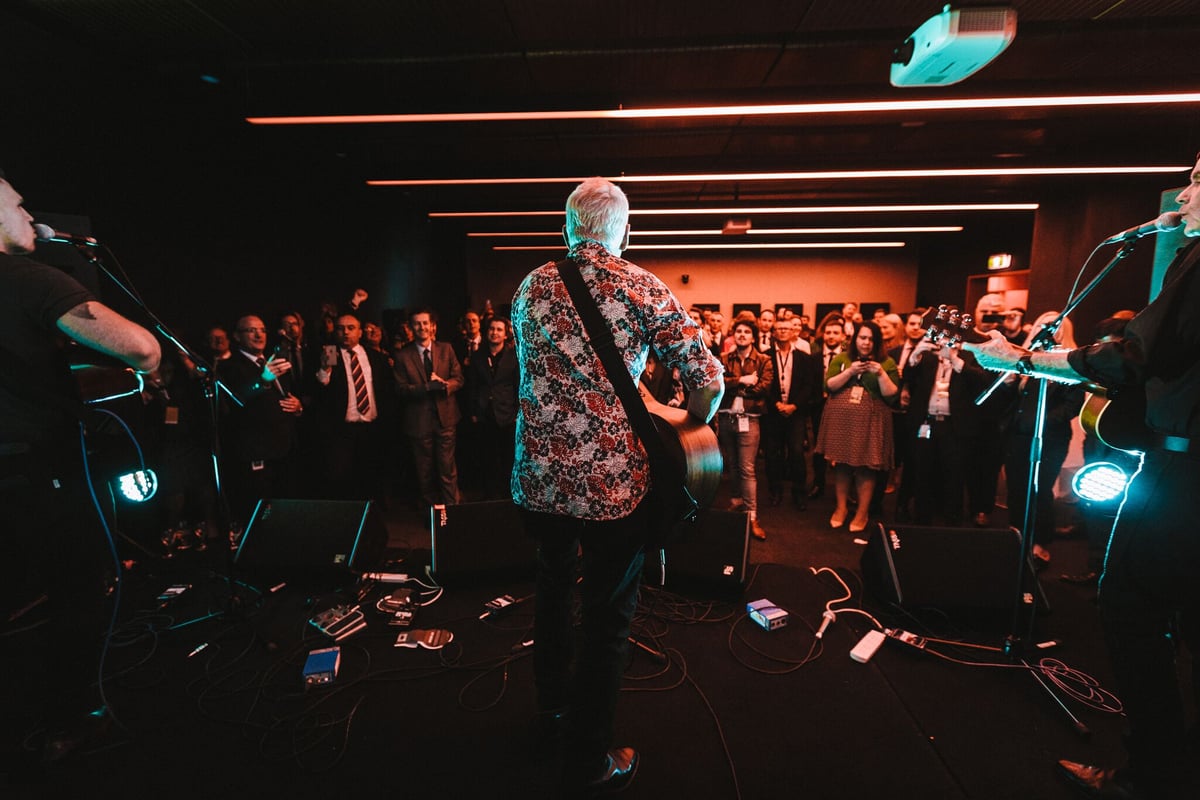
ICEHOUSE, KLP, William Barton, Leah Flanagan and William Crighton were among the music industry identities who rocked NSW Parliament House this week and outlined the problems the local music sector faces.
A hundred members, ministers, senators and Parliament House staff were on hand at the second NSW Parliamentary Friends of Australian Music (PFOAM) event.
It was organised by APRA AMCOS, ARIA, PPCA, AHA NSW and Clubs NSW.
In between entertaining guests with live sets, the artists also spoke about the importance of a strong live touring circuit, and support for music in a wide range of venues; music export opportunities; Australian content on radio and streaming services; music education; and the value of copyright.
ICEHOUSE leader Iva Davies articulated the importance of a sustainable metro and regional touring market for artists’ career development, and as a contribution to the economy.
“In Australia, we have the limitations of only a certain number of big cities, and so it’s great to go and work in regional Australia.
“Last year we played 35 shows to over 300,000 people; an average of 10,000 people per show.
“A lot of those are regional places, like Kiama Showgrounds.
“We’re travelling with a core touring party of 16 people; we’ve got managers, we’ve got bookkeepers, we’ve got agents, and then by the time we get to somewhere like Kiama we’ve had people coming from Wollongong, from Nowra, from all over the place.
“Every hotel is full, every restaurant is buzzing, and we are employing around 400 people.”
Davies also spoke about the importance of sustaining the state’s live sector:
“The industry is running on its live business.
“And what radio and all those other outlets does is promote where the money is coming from and where the lifeblood of those artists come from, which is what we do – we perform.
“You can have your recording and listen to it whenever you want, and you can listen to your radio, but there’s one thing you’ll never be able to put in a bottle, and that is a performance.”
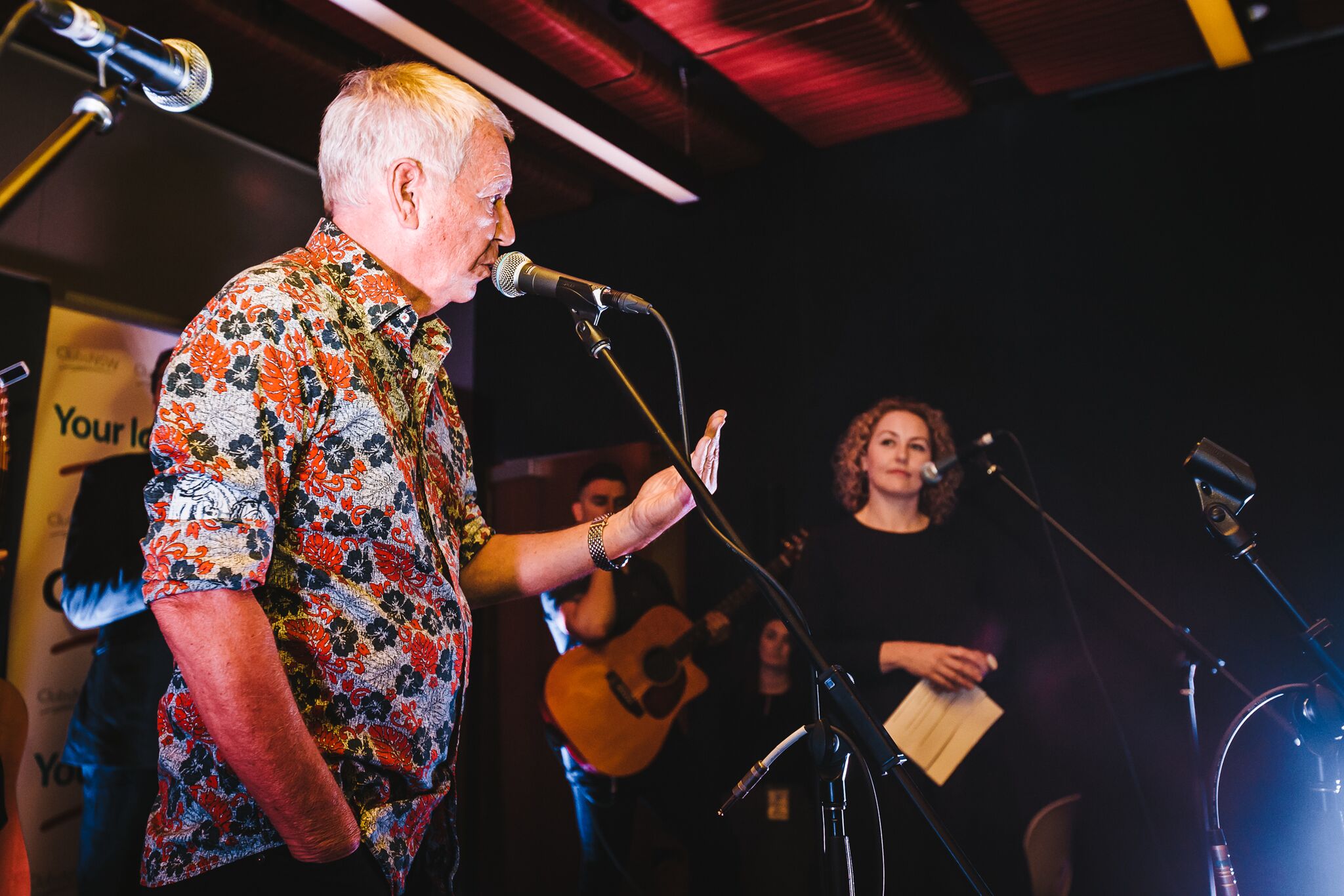
Kristy Lee Peters (KLP) on the importance of music education, and the SongMakers high school program, of which Peters is a mentor:
“Because of SongMakers, you don’t have to fumble your way into the music industry.
“You learn terms like booking agent, artist manager, topliner, which you really can’t in any other classroom.
“And it helps set you on a career pathway to being a songwriter, a musician or maybe an industry professional.”
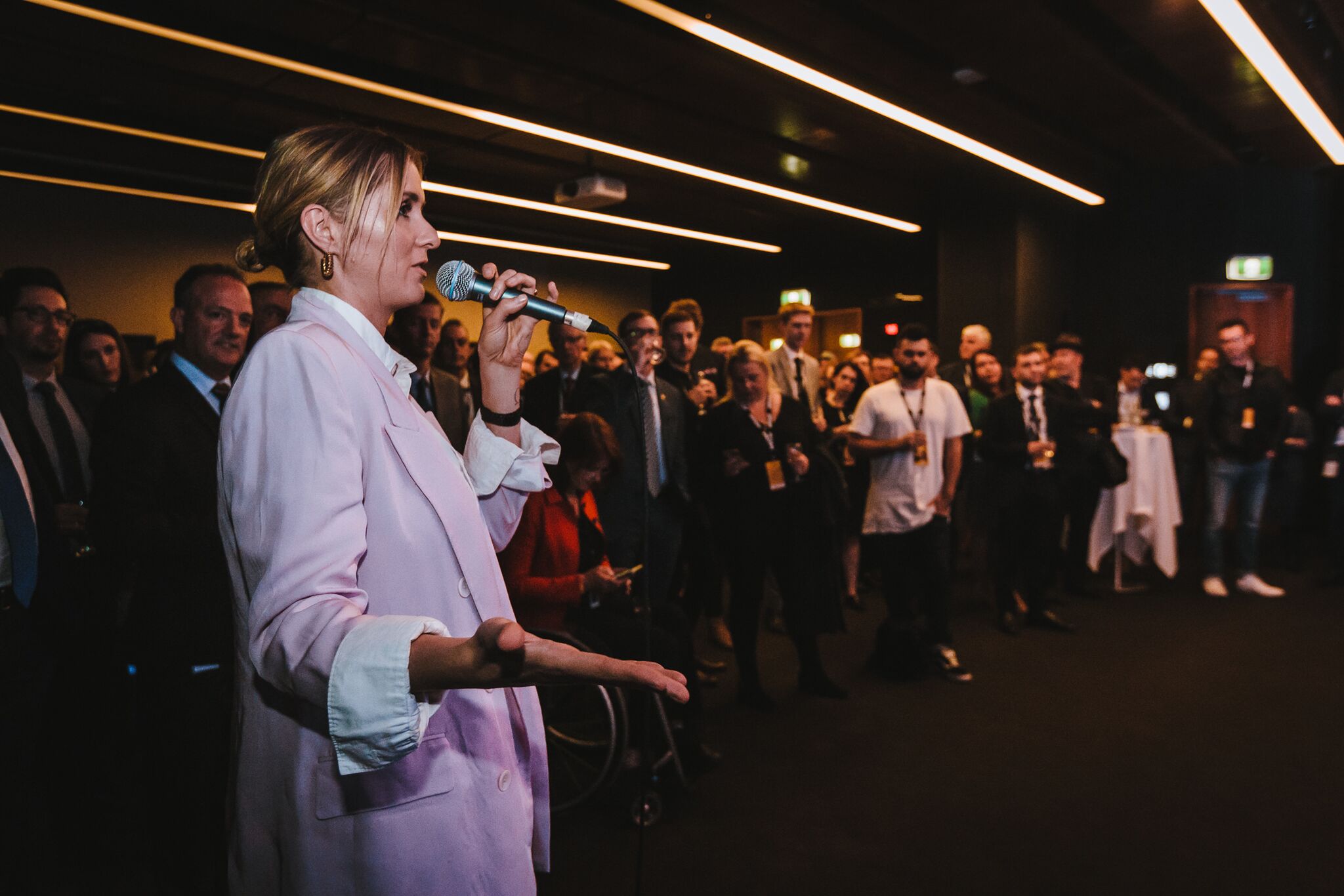
William Crighton on the importance of investment in music export and Sounds Australia:
“It’s very important that we have that platform in order to showcase to, because without it we have no infrastructure.”
“Whenever any one of us travels overseas, we are representatives – whether we like it or not – of the country where we’re from.
“The people we come into contact with are constantly asking us about Australian issues…when you’re playing to a few hundred people we are the unofficial social representatives of Australia.
“We all wear our country on our sleeves, and I think having the infrastructure to really support that, like Sounds Australia does, to give us a platform to perform to industry people from other countries is really important and completely necessary.”
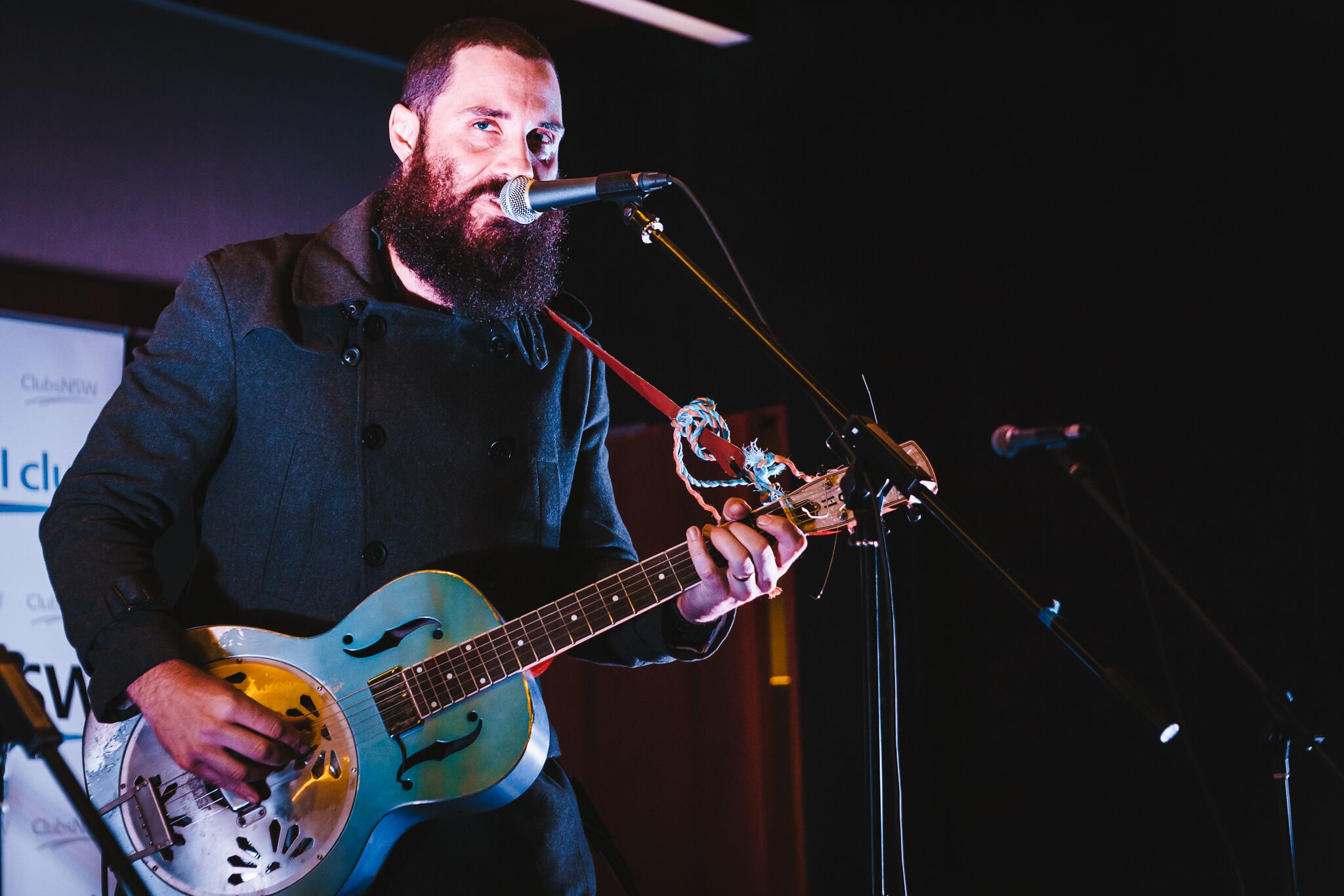
Leah Flanagan on copyright:
“Copyright lasts your lifetime and then some – luckily.
“You get royalties every time your song is played on the radio, every time you play live there’s a royalty attached to it, and because of the amount of work that goes into just a basic live performance, you’re not ever really compensated for that, for the hours of study, the hours you spend crafting your songs, money that you have to spend in the studio to get your music out there.
“Royalties, for me, makes a dramatic difference to my life, whether it be paying my office bills, or my rent for a week, or the power bill, copyright and the royalties that it facilities make a huge impact to me as an artist.”
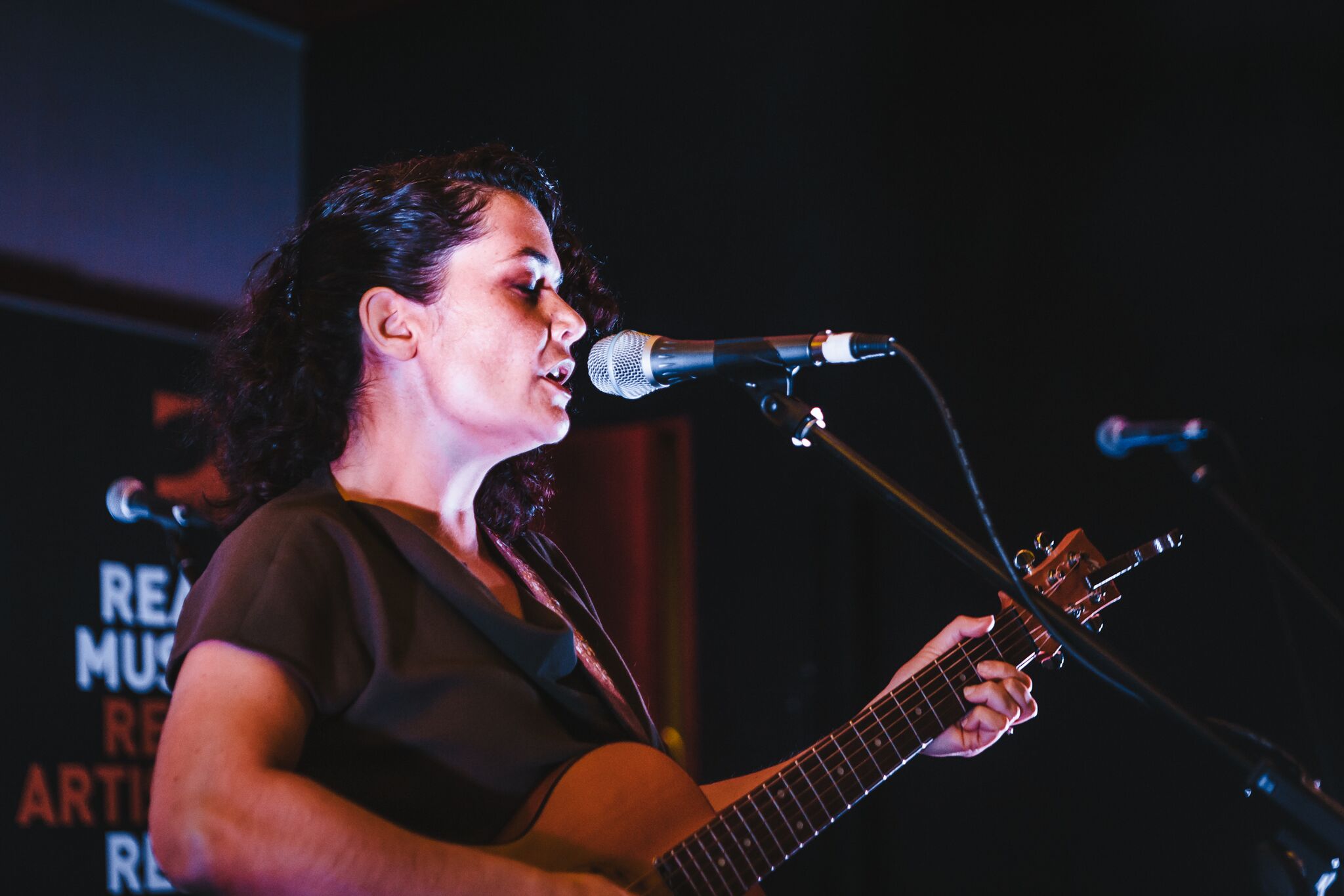
Research from the University of Tasmania in 2014 estimated that gigs in NSW drew 16 million over 12 months.
That breaks down to 2.3 million at concerts, 433,000 at festivals, 3.3 million at ticketed shows and 10 million at free events
Live Performance Australia’s 2016 research values NSW contemporary music live concert revenue + festival revenue at $201 million (and this is just ticketed concerts – doesn’t include free events or door sales at club gigs.
APRA has 23,000 of its 100,000 ANZ members living in NSW.
Income from the NSW live music industry creates 65,000 full and part-time jobs.
34.33% of acts performing at Sounds Australia events a year come from NSW.
Nationally, the contribution of live music to the economy (including commercial, cultural and well-being value) has been valued at $15.7 billion.






























